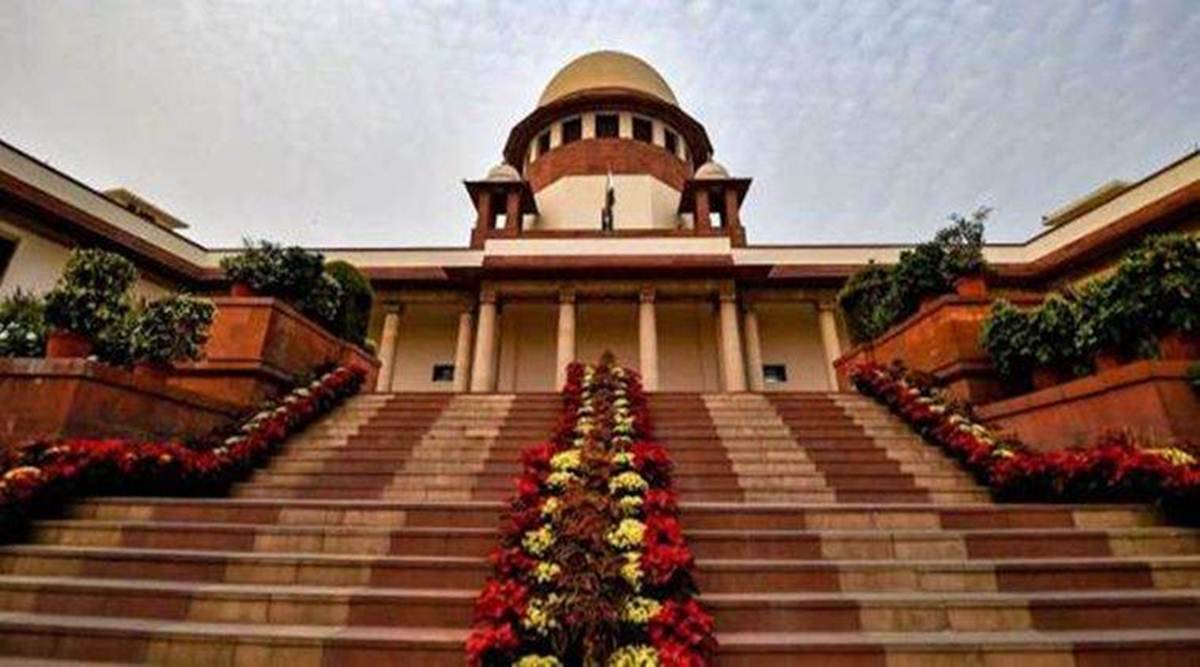Latest News
Case Analysis : Bhim Singh v. State of Jammu and Kashmir

Citation: AIR 1986 SC 494
Court: Supreme Court of India
Bench: O. Chinnappa Reddy and V. Khalid
Date Decided: 22 November 1985
Appellant: Bhim Singh
Respondent: State of Jammu and Kashmir
Facts
The petitioner a member of legislative assemble from the state of Jammu and Kashmir was arrested and detained in police custody and was deliberately prevented from attending the parliament sessions to be held on September 11th, 1985. He was arrested t on the allegation that a case under section 153A of Ranbir Penal Code was registered against him for delivering a malicious/seditious speech at the public gathering near the parade ground in Jammu on 8th September 1985. He was not produced before any magistrate until the 13th of September. There was also a voting session at the assembly which he apparently missed, where his vote was very crucial but the person to whom he wanted to cast the vote won but his right to vote was infringed.
Issues
The legality of detention and whether it qualified as false imprisonment was in question.
Arguments Advanced from the Parties
Petitioner:
The learned counsel from the side of the petitioner openly denied the other parties argument that he was produced in front of the magistrate on September,11th 1985 and in front of the Sub Judge on 13thof September 1985 and even to be examined by any doctor to obtain a Medical Certificate that was used for obtaining a remand for 1 day from the Sub Judge. They accept that on the 14thof September 1985 his client was produced before the Sub Judge, Jammu, and remanded for 2 days of judicial custody. They also accept that thereafter on the 16th of September, his client was brought in front of the Additional Sessions Judge and was granted bail.
They further also argued that during police custody his client had been harassed by the detained police.
Respondent:
Inspector-General of Police, Shri M.M. Khajuria and Superintendent of Police, Anantnag, Shri M.A.Mir contended that on 10th of September, 1985, the Police Control Room sent a notice to them asking the petitioner to be arrested and also after the arrest, the petitioner was brought to the District Headquarters as instructed and given necessities. Officers were only asked to pay attention to whether the petitioner had travelled safely through the Udhampur region they further added that on 11th of September, 1985, the petitioner was produced before the court and the Executive Magistrate First Class signed to keep the petitioner under police custody for a period of 2 days and on expiry of the remand extended it for two more days, further remand for one day from Sub-Judge with the reason that the petitioner was medically ill was obtained on 13th of September. After the expiry of the second remand, the petitioner was again produced before the Sub Judge on 14 September and 2 more days of judicial custody was granted by the judge.
Judgment
After hearing the arguments from both the parties and considering the facts of the case the honorable Supreme court Court observed that the law enforcement officials acted in a very most arbitrary way and ruled “if the non-public liberty of a member of the legislature is to be played within this fashion one can only wonder what may happen to lesser mortals”. Moving forward the apex court reminded the duties of “police officials who are the custodians of law and order within the state should have the best respect for private liberty of citizens and will not float the laws by stopping to such weird acts of lawlessness. Custodians of law and order mustn't become depredators of civil liberties. Their duty is to safeguard and to abduct.” Chinnappa Reddy J. and Khalid J. followed the choice of Supreme Court in Rudul Shah and Sebastian Hongray cases and expressed the view that when someone involves us with the complaint that he has been arrested and imprisoned with mischievous and malicious intent which his Constitutional and legal rights were invaded, the mischief or malice and invasion might not be washed away or whisked-away by his being unfettered. The petitioner for such gross violation of his fundamental rights granted to him by the constitution of the country was awarded monetary compensation by way of exemplary costs. within the cases of ‘ Rudul Shah v. State of Bihar and Anr.’ and within the case of ‘ Sebastian Hongray v. UOI, it absolutely was noticed that just in case of such violation of the basic rights provided by the Constitution, it's necessary to compensate the victim by way of exemplary costs. The respondent, the State of Jammu and Kashmir was ordered to pay to the petitioner five thousand rupees within 2 months from the date of the judgment. the number was to be deposited with the Registrar of the Court which might then be paid to the petitioner
Document:



































































































